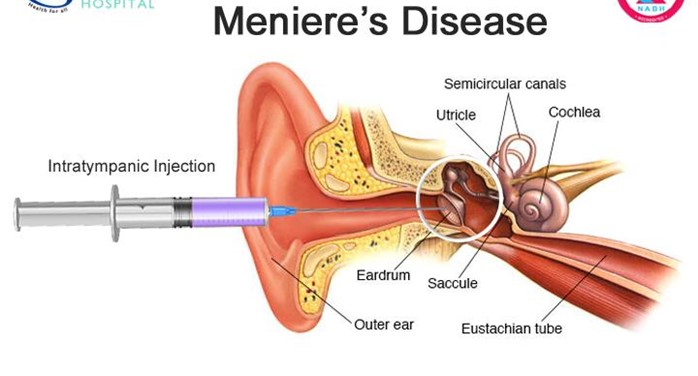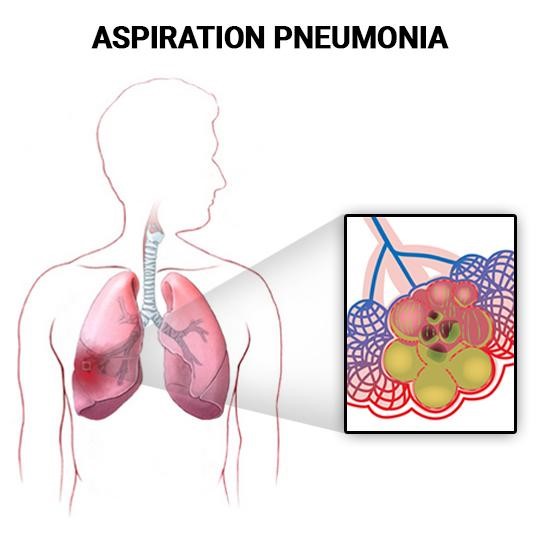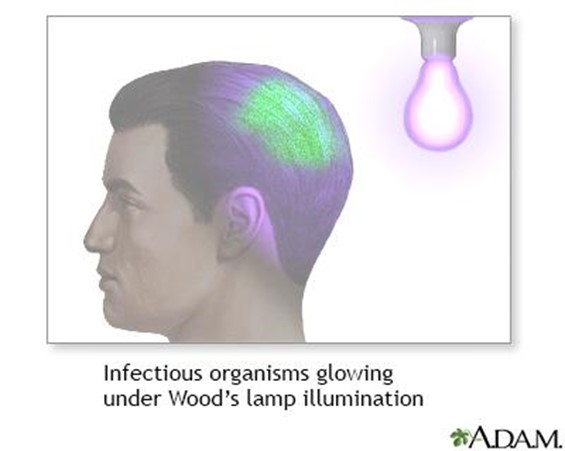A nurse is providing education to a client recently diagnosed with Meniere's disease. Which of the following will the nurse include in the teaching? (Select all that apply.)
Avoid swimming underwater
Wear earphones when in crowded places
Keep eyes open during an acute attack
Sit or lie down if whirling occurs
We do not know the exact cause
Damage to the ear from excess noise is the cause
Correct Answer : A,D,E
Choice A reason: This is correct because avoiding swimming underwater can help prevent the worsening of Meniere's disease. Meniere's disease is a disorder of the inner ear that causes episodes of vertigo, tinnitus, hearing loss, and fullness in the ear. Swimming underwater can increase pressure in the ear and trigger an attack. The nurse should advise the client to avoid activities that involve changes in altitude or pressure, such as flying, diving, or climbing.
Choice B reason: This is incorrect because wearing earphones when in crowded places can worsen Meniere's disease. Earphones can increase noise exposure and damage hearing, which is already impaired by Meniere's disease. The nurse should advise the client to avoid loud noises and use hearing aids if needed.
Choice C reason: This is incorrect because keeping eyes open during an acute attack can increase vertigo and nausea. Vertigo is a sensation of spinning or moving when still, which can be caused by Meniere's disease. Keeping eyes open can make vertigo worse by creating a visual mismatch with vestibular signals from the inner ear. The nurse should advise the client to close their eyes or focus on a stationary object during an attack.
Choice D reason: This is correct because sitting or lying down if whirling occurs can help prevent falls or injuries due to vertigo. Whirling is another term for vertigo, which can affect balance and coordination. Sitting or lying down can reduce movement and stabilize posture during an attack. The nurse should advise
the client to avoid driving or operating machinery when experiencing vertigo.
Choice E reason: This is correct because we do not know the exact cause of Meniere's disease. Meniere's disease is thought to be related to abnormal fluid balance or pressure in the inner ear, but what triggers this condition is unknown. The nurse should educate the client about possible risk factors, such as genetics, infections, allergies, autoimmune disorders, or head trauma, but also acknowledge the uncertainty and variability of the disease.
Choice F reason: This is incorrect because damage to the ear from excess noise is not the cause of Meniere's disease. Damage to the ear from excess noise can cause noise-induced hearing loss, which is a type of sensorineural hearing loss that affects the cochlea or the auditory nerve. Meniere's disease is a type of mixed hearing loss that affects both the cochlea and the middle ear. The nurse should not confuse or misinform the client about the cause of their condition.

Nursing Test Bank
Naxlex Comprehensive Predictor Exams
Related Questions
Correct Answer is D
Explanation
Choice A Reason: This is incorrect because observing the client swallowing small sips of water before assisting with feeding may not reduce the risk of aspiration pneumonia. Water is a thin liquid that can easily enter the lungs if the client has impaired swallowing or cough reflexes. The nurse should assess the client's need for thickened liquids or pureed foods and use a swallow screening tool to determine the appropriate consistency and amount of food and fluids.
Choice B Reason: This is incorrect because turning on the television for the client during meals may increase the risk of aspiration pneumonia. Television can distract the client from focusing on chewing and swallowing and cause them to eat too fast or too much. The nurse should provide a quiet and calm environment for the client during meals and encourage them to eat slowly and carefully.
Choice C Reason: This is incorrect because instructing the client to tilt their head back while swallowing may increase the risk of aspiration pneumonia. Tilting the head back can open the airway and allow food or fluids to enter the lungs. The nurse should instruct the client to tilt their head forward or tuck their chin while swallowing, which can close the airway and prevent aspiration.
Choice D Reason: This is correct because sitting the client upright 90 degrees then assisting the client with feeding can reduce the risk of aspiration pneumonia. Sitting upright can help gravity move food and fluids down the esophagus and away from the lungs. The nurse should also keep the client upright for at least 30 minutes after eating and drinking to prevent regurgitation and aspiration.

Correct Answer is D
Explanation
Choice A Reason: Culture is not a diagnostic test that uses an ultraviolet light source, but a laboratory test that involves growing microorganisms from a sample of body fluid or tissue. Culture can help identify the type and sensitivity of the infection-causing agent.
Choice B Reason: KOH is not a diagnostic test that uses an ultraviolet light source, but a chemical test that involves applying potassium hydroxide to a sample of skin, hair, or nail. KOH can help diagnose fungal infections by dissolving the keratin and revealing the fungal elements under a microscope.
Choice C Reason: Diascopy is not a diagnostic test that uses an ultraviolet light source, but a physical test that involves applying pressure to a lesion with a glass slide or lens. Diascopy can help differentiate between blanchable and non-blanchable lesions, such as erythema or petechiae.
Choice D Reason: Wood's is a diagnostic test that uses an ultraviolet light source, also known as a Wood's lamp or black light. Wood's can help observe color changes to the skin that are not visible under normal light, such as fluorescence or hypopigmentation. Wood's can help diagnose conditions such as tinea capitis, vitiligo, or erythrasma.

Whether you are a student looking to ace your exams or a practicing nurse seeking to enhance your expertise , our nursing education contents will empower you with the confidence and competence to make a difference in the lives of patients and become a respected leader in the healthcare field.
Visit Naxlex, invest in your future and unlock endless possibilities with our unparalleled nursing education contents today
Report Wrong Answer on the Current Question
Do you disagree with the answer? If yes, what is your expected answer? Explain.
Kindly be descriptive with the issue you are facing.
